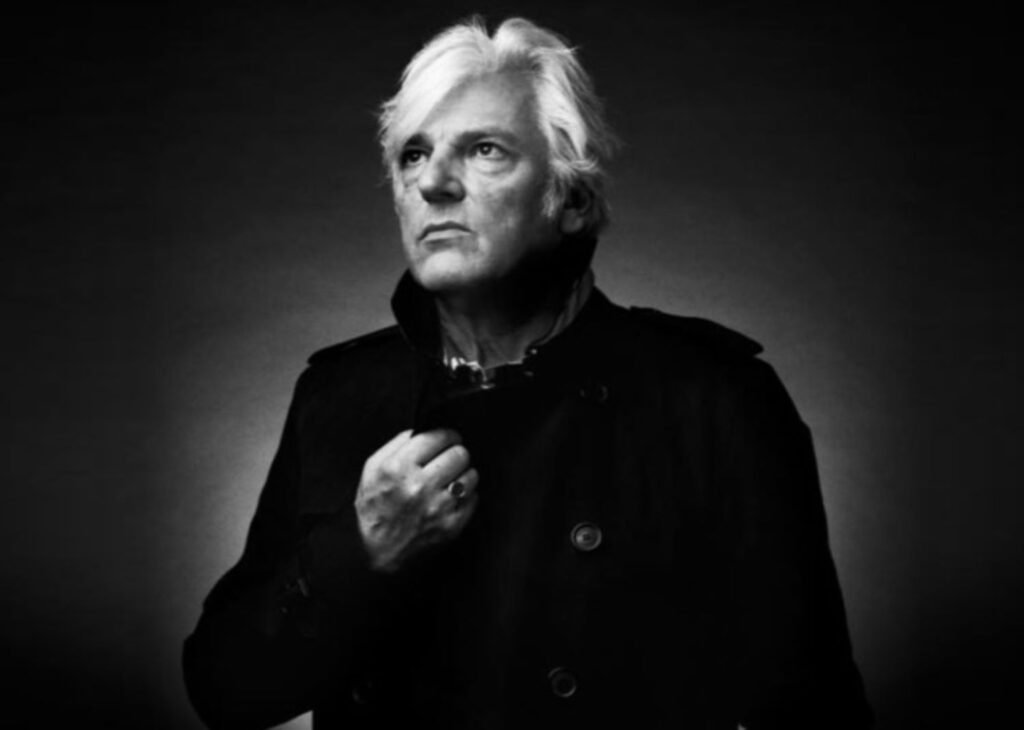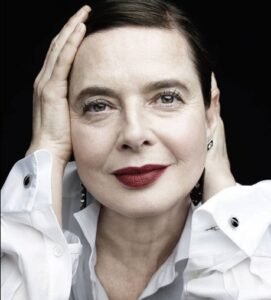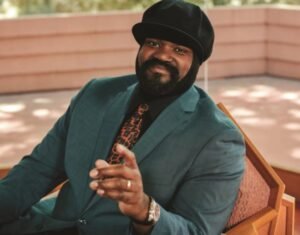Robyn Hitchcock is the master of surrealism in alternative music

Robyn Hitchcock is an iconic British singer, songwriter, and guitarist, known for his surrealist lyrical style and his ability to fuse folk, psychedelic rock, and punk. From his early days with the band the Soft Boys to his prolific solo career, Hitchcock has left an indelible mark on alternative music, influencing generations of artists. For over five decades, he has maintained a unique creative authenticity, making him a cult figure in the world of independent rock.
Early years and musical beginnings
Robyn Hitchcock was born on March 3, 1953, in Paddington, London, into a creatively inclined family. From an early age, he showed a strong interest in music, influenced by the psychedelic rock of the 1960s and folk sounds. His love of surrealism was reflected not only in his music but also in his eccentric personality and worldview. He attended Winchester College, where he met musicians and artists who would later shape his style.
In the 1970s, Hitchcock began performing in the London music scene, quickly gaining attention for his unconventional style. He formed the band the Soft Boys in 1976, a group that played a key role in the development of post-punk and alternative rock. Their album Underwater Moonlight (1980) became a cult classic, despite its initial lack of commercial success.
Solo career
After the Soft Boys disbanded in 1981, Hitchcock embarked on a solo career, maintaining his signature blend of surreal lyrics and a mix of folk, rock, and psychedelia. His first solo album, Black Snake Diamond Role (1981), set the tone for a career filled with experimentation and creativity.
In the 1980s, he formed his backing band, Robyn Hitchcock and the Egyptians, with whom he released some of his most iconic albums, including Fegmania! (1985) and Element of Light (1986). These records cemented his reputation as a unique figure in alternative rock, thanks to songs that combined absurd poetry with catchy melodies.
During the 1990s, he collaborated with big names like Peter Buck of R.E.M., which helped him gain exposure in the American alternative scene. Albums like Respect (1993) and the critically acclaimed Moss Elixir (1996) earned him a special place in the indie scene of the decade.
Influence on contemporary music
Hitchcock has been cited as a major influence by bands such as the Decemberists, R.E.M., and Yo La Tengo. His ability to fuse absurdist lyrics with accessible melodies has kept him relevant for over fifty years. Though he never achieved mainstream commercial success, he built a loyal fanbase and maintained a consistent presence in independent music.
He has also collaborated with artists across genres, from rock musicians to folk singer-songwriters, demonstrating his versatility and ability to navigate different musical styles.
Lyrical style and recurring themes
One of Hitchcock’s most distinctive features is his surreal lyrical style. His songs often include dreamlike imagery, dark humor, and a strong influence of the absurd. Themes like nature, death, love, and loneliness intertwine with references to the supernatural and grotesque, creating a unique blend that has captivated his followers.
This approach has allowed him to maintain artistic integrity over the years, even as musical trends shifted. Rather than conform to popular styles, Hitchcock has followed his own creative path, which has earned him cult status.
Relationship with the music industry and controversies
Throughout his career, Hitchcock has had a complex relationship with the music industry. His lyrics and artistic vision often clashed with commercial expectations. He became known for resisting pressure to create more accessible or “marketable” music, which led to tensions with labels like A&M and Warner Bros.
Another source of controversy has been the critical reception of his lyrics. Some critics praise his poetic style, while others consider it obscure or deliberately difficult. Hitchcock, however, has defended his approach, stating that his goal is not clarity, but emotional impact and space for interpretation.
Personal life and legacy
Robyn Hitchcock has kept a relatively low profile regarding his personal life, preferring to let his music speak for itself. He lives in London and continues to tour and record. His legacy as one of the most distinctive and enduring figures in alternative rock is secure, having influenced multiple generations of musicians and left a lasting imprint







